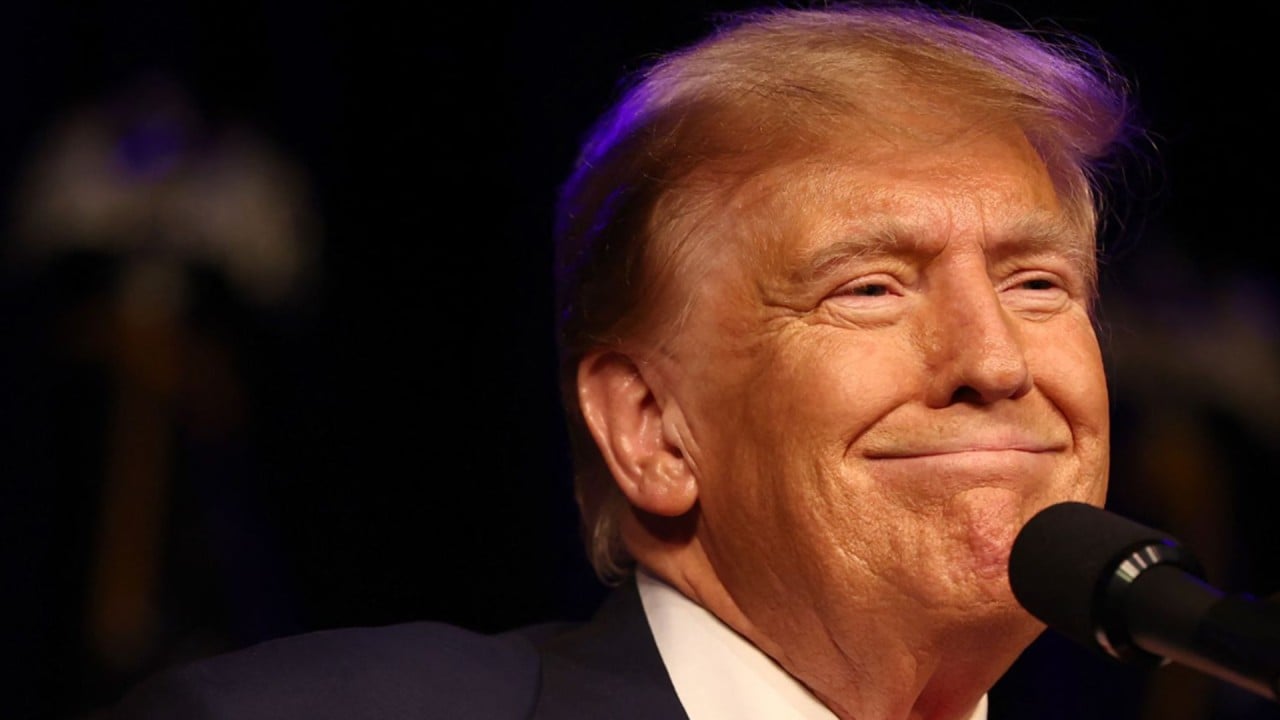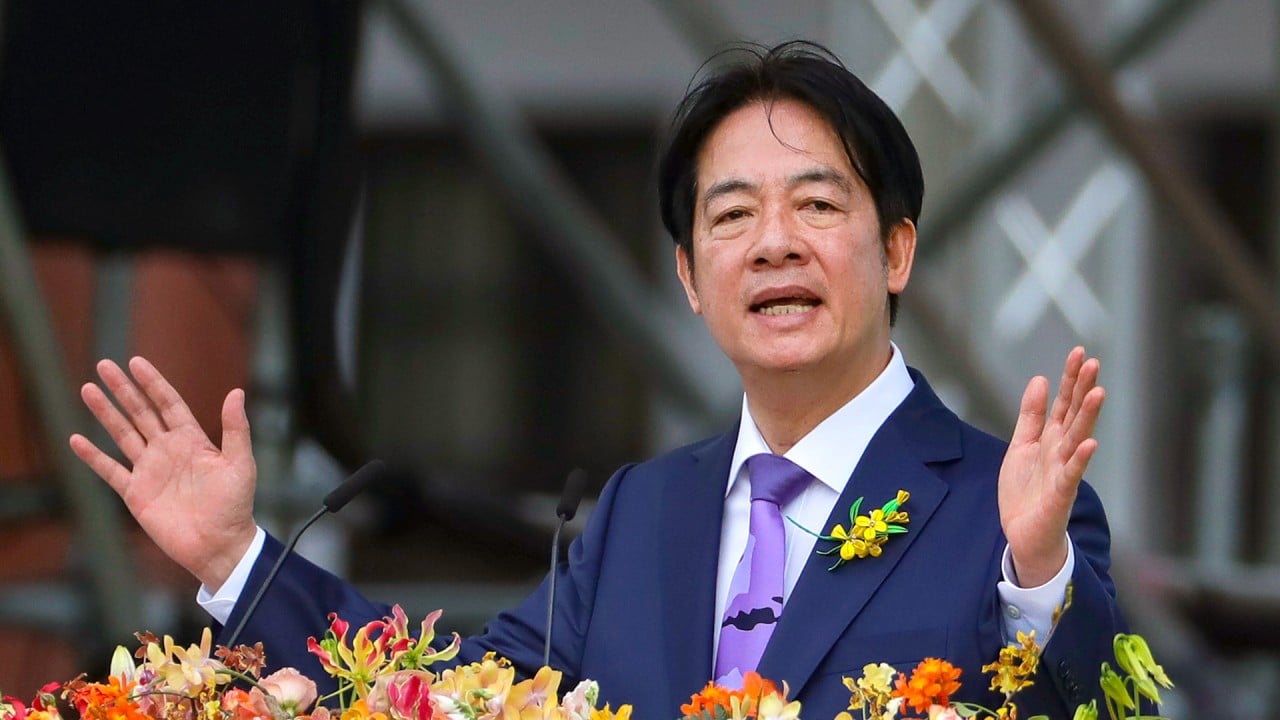How does one proceed in portraying China as the most pressing threat facing the US, which has been a political imperative for both American political parties in recent years, when Russia continues to integrate its economy with China’s while trying to bombard its neighbour into submission?
To get into this, let’s be clear about the Republican Party’s new ideological foundation: the liberal international order that the party’s earlier incarnation forged over decades – where free markets and civil society initiatives have broadened political power bases throughout the West – is now seen by the party of today as more dangerous than anything that Moscow and Beijing might have done to undermine it.
In other words, better to strangle independent media and a judiciary that might question efforts to subvert elections as well as regularly employ Nazi rhetoric than to allow transgender people to use bathrooms that align with their gender identity.
Trump has managed to get away with these comments because they’re often just one small part of his usual meandering vortex of rhetorical extremes that echo white supremacist and Christian nationalist backwash.
But now others in Trump’s orbit, many with better foreign policy bona fides, are joining in to seed the ground for the new positioning that the entire party will need to adopt as part of the effort to unwind what it did globally in the second half of the 20th century.
He doesn’t deny that Beijing and Moscow are much closer now. However, Pillsbury is asserting that not only is Biden responsible for the hell that Putin has unleashed on Ukraine, but that he’s also culpable for not supporting negotiations between Moscow and Kyiv.
Putin has no intention of giving up an inch of Ukrainian land that his forces occupy, and will use any means at his disposal to keep it. So what good are negotiations unless the parties involved are prepared to accept this condition?
Aside from the allegation that Biden is the real villain, Pillsbury came out with a line straight from Moscow’s propaganda machine: “We need some kind of negotiations over the Ukraine.”
Anyone at his level knows that using the article “the” before Ukraine was the way that the Soviet Union referred to the area. The article was dropped when Ukraine gained its independence.
This is not an insignificant verbal slip. It is part of a reframing of the situation that prepares the ground for the ultimate shift that Republicans need to make to achieve their new geopolitical aims.
Over time, the new Republican Party will not side with a democratic Taiwan against the Beijing-Moscow partnership which has become a military industrial behemoth pushing nationalist-populist agendas. When it comes to international power projection, it will be much easier for the Republican Party to deal with like-minded players like Putin and Xi than it will be to cater to the agendas of the world’s democracies.
The question isn’t whether the Republican Party will side with the world’s autocrats. It already is. It’s whether their twisting of the truth will persuade enough American voters to go along with them.
Robert Delaney is the Post’s North America bureau chief



